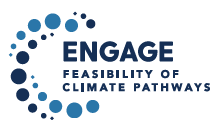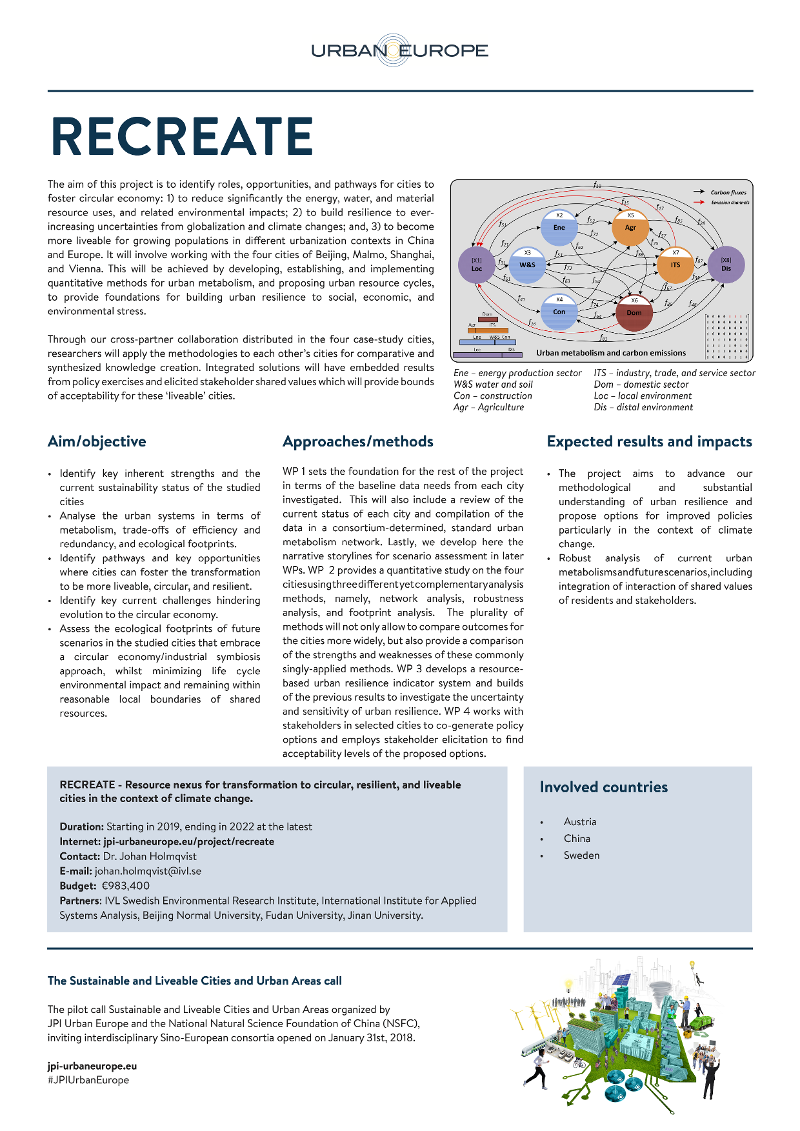
The research theme Heterogeneities and Inequalities explores unequal access to and use of modern energy services and associated environmental impacts around the globe. Under this theme, researchers analyze empirical evidence and develop pathways that address the challenge of climate change with emphasis on how these will affect countries and populations differently.
Differentiated vulnerabilities
Environmental change is a global problem that affects everyone, but not equally. Impacts differ across and within countries and some countries and populations are more vulnerable to these impacts than others. This can exacerbate existing inequalities and make it more difficult for some communities to thrive.
To better understand these differences, researchers at IIASA study past, current and future socio-economic and environmental trends to identify which populations are most vulnerable to the impacts of climate change and energy transitions. For example, some populations may be more vulnerable to the health impacts of climate change, such as heatwaves or air pollution. Others may be more vulnerable to the economic impacts, such as loss of livelihoods or increased food prices.
By exploring these differentiated vulnerabilities, this research can inform the development of targeted strategies to support those who are most affected and ensure a more just and sustainable future for all.
Distributional effects and implications
Energy and climate policies can affect different groups, including the poor, women, and marginalized populations, in different ways. Policies must be developed that ensure all populations benefit from the transition to a more sustainable future.
Modelling the distributional effects of these policies plays a critical role in understanding and designing solutions for the challenges of climate change. Researchers at IIASA apply leading models to develop sustainable development pathways that are environmentally just and evaluate their distributional implications on human wellbeing.
Modelling approaches are complemented with social metabolism analyses studying the flow of energy and resources. This analysis provides decision-makers with valuable insights into how resource use and associated environmental impacts are distributed.
These projects aim to provide novel analyses of transition pathways, informed by empirical evidence and modelling, that identify concrete policy portfolios that maximize co-benefits and minimize trade-offs.
Research Projects
JustTrans4ALL: The IIASA Just transitions to net-zero carbon emissions for all (JustTrans4All) project, which forms part of a suite of projects under the IIASA Strategic Initiatives Program, will contribute to novel analyses of transition pathways that are socially and environmentally just. The project will inform policy design, aiming to achieve high levels of human wellbeing within planetary boundaries in line with the UN 2030 Agenda and the Paris Agreement.
 © Shape
© Shape
SHAPE: SHAPE aims to contribute an in-depth analysis of sustainable development pathways (SDPs) that achieve the SDGs in 2030 and maintain sustainable development to reach the Paris climate goals until 2100. In the SHAPE project, IIASA leads the work on climate change and inequality, working on improving the global representation of shelter and thermal comfort and perform a global analysis energy needs required for reaching Decent Living Standards.
 © GENIE
© GENIE
GENIE: The EU-funded GENIE project will explore the environmental, technical, social, legal, ethical and policy dimensions of greenhouse gas removal and solar radiation management. GENIE aims to produce a comprehensive scientific assessment for evidence-based policymaking to address climate change, and to expand our toolkit for a zero-emissions future.
 © IIASA
© IIASA
ENGAGE: ENGAGE is a global consortium of international and multidisciplinary leading research groups, that is coordinated by IIASA, aims to co-produce knowledge for designing cost-effective, technologically sound, socially and politically feasible pathways that can meet the objectives of the Paris Agreement. ENGAGE will also quantify avoided climate change impacts at the regional and national levels and identify concrete policy portfolios that maximize co-benefits and minimize trade-offs.
 © IIASA
© IIASA
RECREATE: By studying urban metabolism, a model to study the flow of energy and resources in the cities, we can get a better understanding of how resources are used and ways to reduce negative environmental impact. As the fraction of people living in cities continue to expand around the world, urban metabolism analysis can help decision makers develop cities to become resource efficient, climate friendly, resilient and equitable.
Relevant publications
Dimitrova, A., Marois, G. , Kiesewetter, G., Rafaj, P. , Pachauri, S. , K.C., S., Olmos, S., Rasella, D., & Tonne, C. (2022). Projecting the impact of air pollution on child stunting in India – synergies and trade-offs between climate change mitigation, ambient air quality control, and clean cooking access. Environmental Research Letters 17 (10) e104004. 10.1088/1748-9326/ac8e89.
Zimm, C. , Schinko, T. , & Pachauri, S. (2022). Putting multidimensional inequalities in human wellbeing at the centre of transitions. The Lancet Planetary Health 6 (8) e641-e642. 10.1016/S2542-5196(22)00124-3.
Aktas, A., Poblete Cazenave, M., & Pachauri, S. (2022). Quantifying the impacts of clean cooking transitions on future health-age trajectories in South Africa. Environmental Research Letters 17 (5) e055001. 10.1088/1748-9326/ac62ac.
Pelz, S., Brutschin, E. , & Pachauri, S. (2022). Conceptual and Institutional Prerequisites for Guiding Equitable Progress Towards Universal Rural Electrification. Economics of Energy & Environmental Policy 11 (1) 10.5547/2160-5890.11.1.spel.

